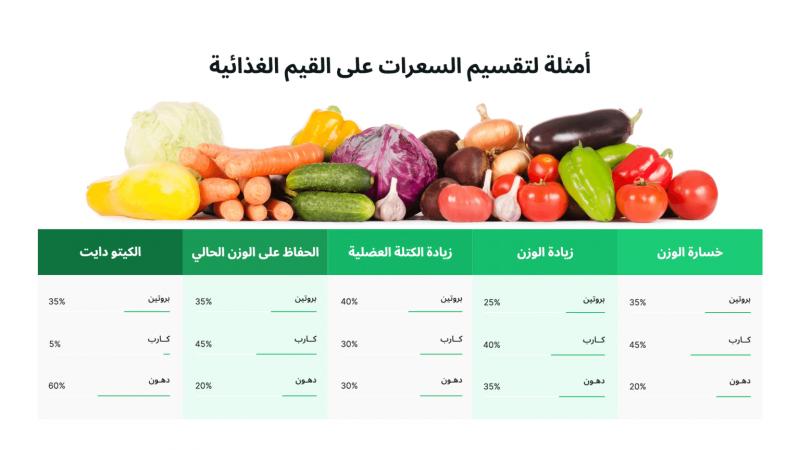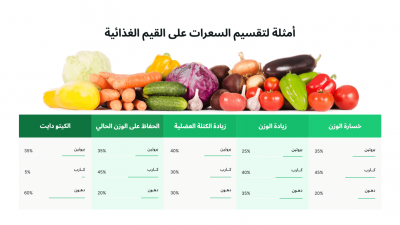A low-calorie diet typically consists of complete meals, containing 800 calories or fewer per day. Some low-calorie diets aim to meet the daily recommended requirements for vitamins, minerals, fatty acids, and proteins. One notable observation regarding low-calorie diets is that carbohydrates are often nearly absent or may be replaced by a portion of protein. Nutrition experts recommend following a low-calorie diet for patients with a body mass index between 27 and 30, especially if the medical complications the patient experiences due to being overweight pose serious health risks. According to a report published on "WIO News," there are 5 potential drawbacks of low-calorie diets, as follows:
1. **Nutritional Deficiency**
Severe calorie restriction often leads to inadequate intake of essential nutrients, including vitamins, minerals, and protein. Naturally, abstaining from these nutrients for prolonged periods leads to health issues.
2. **Muscle Loss**
Consuming very low-calorie foods can result in muscle loss, which may lead to decreased performance, fatigue, and physical exhaustion.
3. **Metabolism Slowdown**
Rapid weight loss through low-calorie diets can slow down the metabolic process and may make weight regain more likely once normal eating patterns are resumed.
4. **Health Risks**
Potential health risks associated with following low-calorie diets without consulting a specialized doctor include electrolyte imbalances, gallstones, arrhythmias, hair loss, dizziness, and fatigue.
5. **Psychological Stress**
It can sometimes be challenging to maintain a low-calorie diet long-term due to its potential side effects, and severe calorie restriction may lead to psychological stress and discomfort that could result in adverse outcomes.




